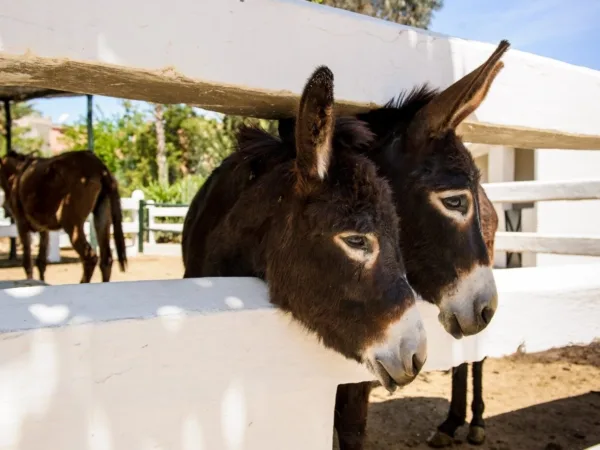

Leave a Legacy to Charity
At some point in our lives, each of us will need to decide what will happen to our worldly possessions when we pass away. For most of us, our desires for our belongings and finances will be taken care of via a Will – a process we explain here. Many people decide on leaving a legacy to charity, alongside the gifts they pass on to loved ones. But how does this process work, and what impact will it have?
Below, we’ll answer some of the most common questions on leaving a legacy to charity, so the process is as simple as possible for you.
What does ‘leaving a legacy to charity’ actually mean?
‘Legacy’ in this sense simply means ‘gift’. There are a few types of gifts (see below) which you can leave to charity so they can further their charitable work.What type of gift can I leave to charity?
You can leave anything to charity, whether it be a cash sum or an object of value, such as a house or other artefact. There are different names for different kinds of legacy gifts. These are:- Pecuniary legacies These are simple sums of money, for example £1,000
- Specific legacies These are specific items, such as a piece of jewellery, an ornament etc.
- Residual legacies After all costs (such as funeral costs and taxes), and pecuniary and specific legacy gifts have been made, a residuary estate is what remains. A residuary legacy is a gift from this remaining portion– whether it’s the entirety of the remaining estate or a percentage. As a percentage, the residuary gift is proportional to the value of your estate and will change accordingly with your financial circumstances. Many people choose this option as it can reduce the number of times you need to update your Will
Are charitable donations taxed?
Charitable gifts are exempt from inheritance tax. This means that the entirety of the donation (or ‘legacy’) you decide upon in your Will goes to the charity. And they can reduce or even eliminate the overall tax on your estate altogether.Can I amend my Will to include a legacy to charity?
Leaving a legacy to charity requires either creating a Will containing this information or updating your existing Will. There are several ways to make or amend a Will, which include:- Solicitors This is the most common choice for people who are looking to write or amend a Will It makes sure that everything is covered by law and what matters to you is protected. You can find a local solicitor who specialises in Wills from the Law Society.
- Will Writers Professional Will writers exist, although their qualifications differ from solicitors. If you’re looking for a Will writer, the Institute of Professional Will Writers is a good starting point, as they are regulated.
- Banks You can ask your bank to help you write or amend your Will – however they may charge a hefty price for doing so. The other options in this list are usually more cost-efficient.



